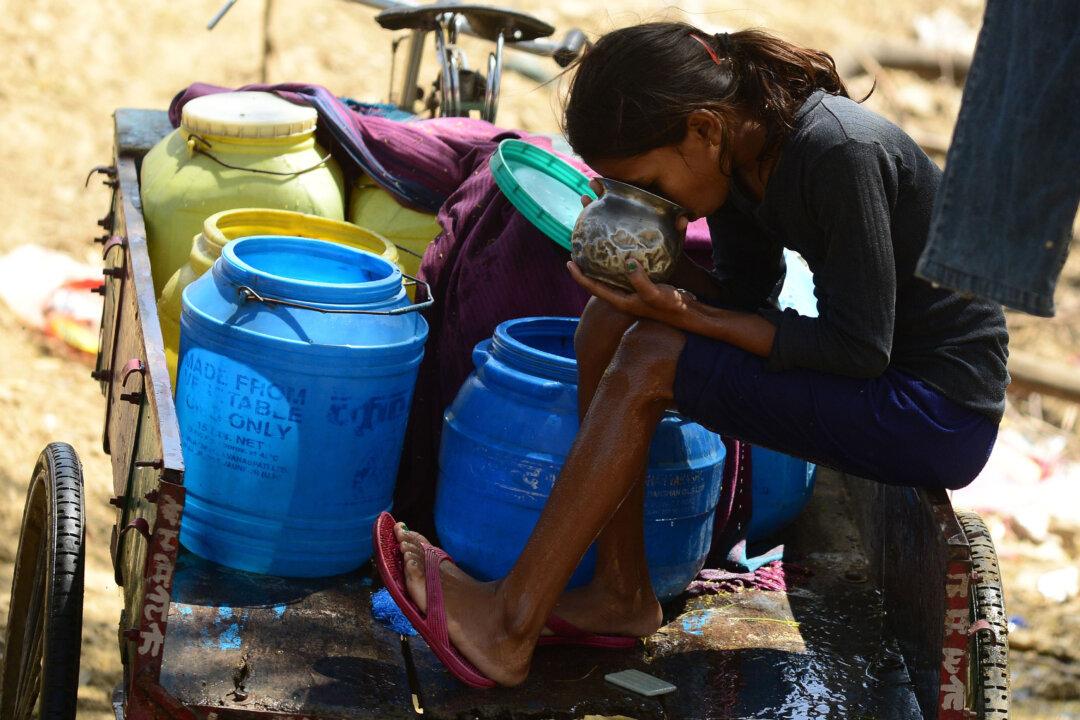Countries with water shortages face significant challenges in responding to the COVID-19 pandemic, leaving people unable to wash their hands at regular intervals to reduce the risk of infection and health care systems without the required supply needed to care for patients.
As of April 5, there were more than 1.2 million confirmed cases of infection globally and about 68,000 deaths linked to the CCP (Chinese Communist Party) virus, with the number of cases from China being vastly underreported. While hand-washing with soap at regular intervals is a basic protective measure against the infection, some life situations make that impossible.





